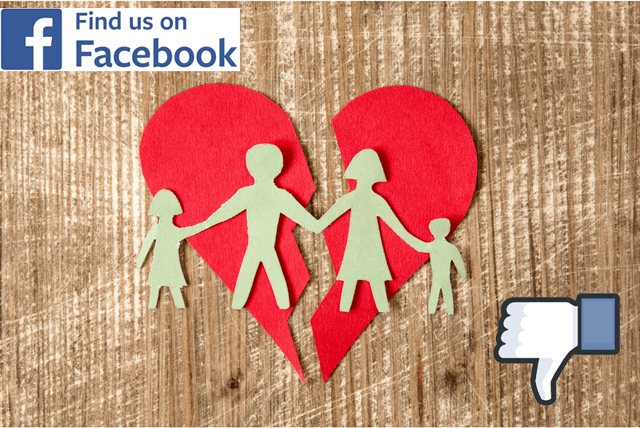Do You Have An Angry Brain?
- Details
- Published: Saturday, 11 February 2017 17:10
- Written by W.M. Carpenter III, Ph.D.
Do you find yourself at times becoming so angry that you have trouble thinking? Maybe you act impulsively during an outburst of anger. You may even get so mad that you find yourself feeling out of control of your actions. In some cases, people can actually “see red.” That’s right; even if it’s never happened to you, yet, as fits of anger and rage continue to feed and grow, there is physiological reason for the event, and you can become so mad that you can actually see red.
If you’re currently experiencing any of these events then you know the horrible impact the growing trend can have on your life, your job, and your relationships. You see, neurobiology has shown us how over time these angry responses actually become hard-wired in our brains. This causes us to respond angrily in situations that in other cases wouldn’t cause us to necessarily lose our composure. What’s more is that it’s not just our relationships that are at risk. Several clinical studies have confirmed time and again that these angry neural-pathways in the brain actually damage your health. Other studies have shown that what you do with that anger can actually affect the health of your spouse and family.
So what is a person to do who has developed these angry responses?
Well the good news is that just as neurobiology taught us how these knee-jerk, angry responses become hard-wired in the brain, it has also taught us how to reverse the process. The bad news is that that it takes work and commitment. In fact the rule is, “Real brain change takes real effort.” You have to be willing to make a strong commitment to the goal and be wiling to take time, put thought and emotion into it, be willing to practice, and do the homework assigned. In other words, it has to be important to you, but the better news is that the journey is worth it, and it does work.
Now some of you may be thinking you’ve read books or tried counseling before. Maybe you were sent to counseling by the courts or a probation officer. Maybe you went because your spouse told you if you didn’t they were going to leave you, or your boss said if you didn’t go he was going to fire you. The problems with these scenarios are many, but at the forefront are two big ones. First, it’s like quitting a compulsion. Over the years I have used hypnotherapy to help many clients stop harmful habits. It works very well, but only if the client wants to quit, not if he is there because someone else wants him or her to quit. The same holds true with healing an angry brain. You can’t just be going through the motions because a spouse or parole officer has sent you to counseling. There has be a commitment from you; a deep desire to not be that person anymore. The second major reason why previous counseling may not have worked is that change--real change to an angry brain takes time. It takes more than 10 sessions to change years of hard-wired angry responses, and most anger management workshops meet for one to two hours a week for about 10-12 weeks. How long does it take? Well every situation is unique, but as a general rule we tend to think in terms of 3-6 months for real, positive change.
Again, the point I would like for you to take away from this is that all is not lost. It doesn’t matter that you’ve had 4 failed marriages, that you grew up in a house with an angry parent, or that you’ve been this way since childhood. Real, meaningful change is possible when approached from a neurobiology point of view.
Please watch for upcoming articles in this series that will delve deeper into why the brain adopts these angry patterns and how to break out of them. In the meantime, if you or someone you know is dealing with anger management issues and wants to change, call the office at 469-225-9040, or contact us online for a free initial consultation.
References:
Potter-Efron, R. T. (2012). Healing the angry brain: how understanding the way your brain works can help you control anger & aggression. Oakland, CA: New Harbinger Publications.



